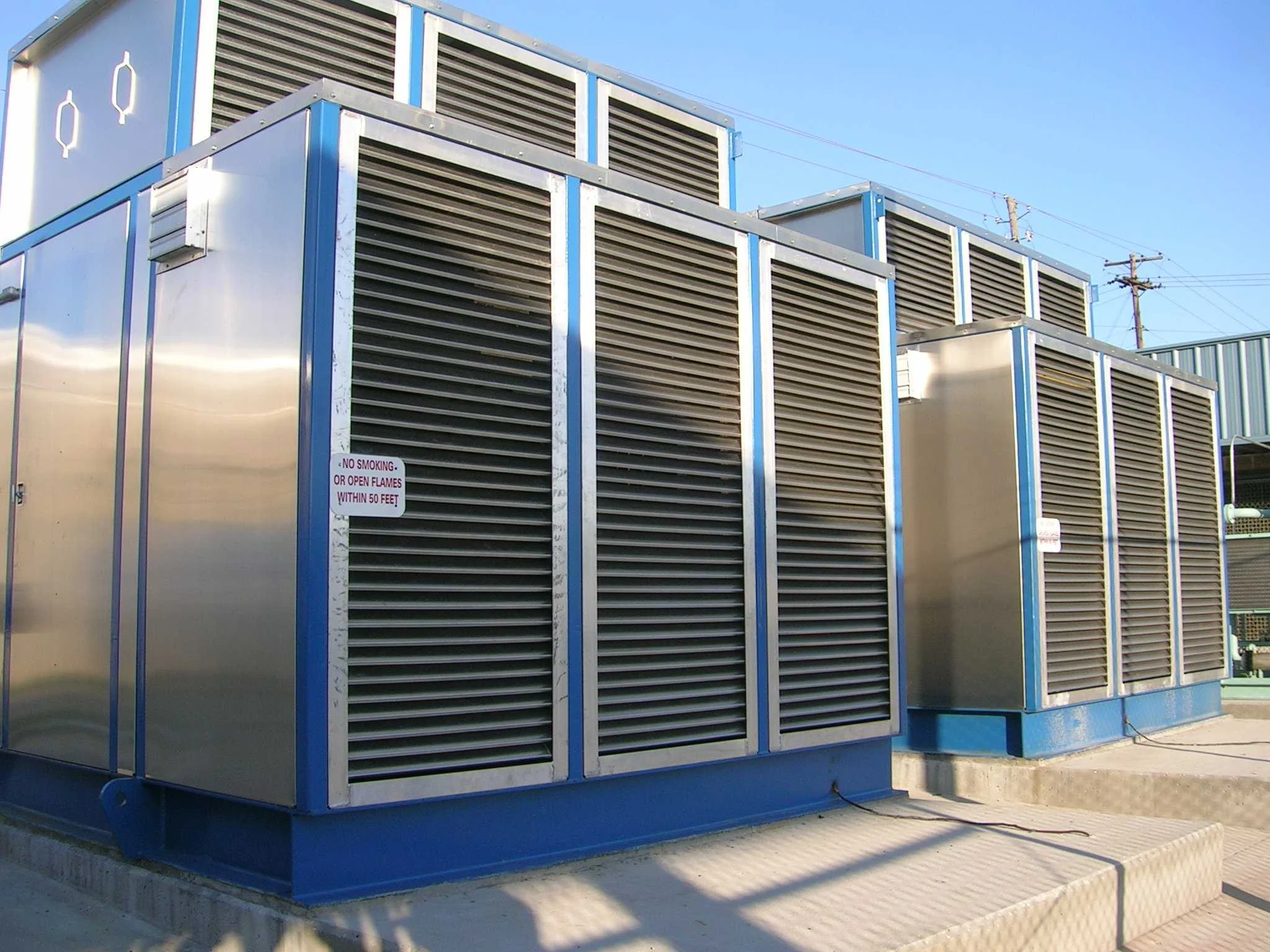CONSULTING FOR CNG-Safe Garage Modifications
Design modifications to vehicle-repair garages for compatibility with CNG-, LNG-, and H2-fueled vehicles. Includes engineered plans and equipment specifications for methane detection, fire protection, HVAC modifications, shunt trips for electrical power, and integrated PLC controls. Also includes bid and construction support, submittals review, and verification of construction and completeness.
When converting fleets to alternative fuels such as CNG, LNG and GH2, fleet operators also need to implement appropriate modifications to their repair and parking garages for fire safety. To safely detect and manage fuel leaks, these modifications typically include upgraded ventilation, gaseous fuel leak detectors over repair bays, alarms and control systems, and eliminating hazardous sources of ignition. Fuel Solutions provides comprehensive design consulting to achieve safe, cost-effective, and code-compliant garage modifications. We strive for system configurations with high reliability and low maintenance cost. This is achieved by avoiding over-design, and careful system integration and product specification.
For example, infrared-absorption (IR) gas detectors should be used instead of catalytic bead detectors wherever possible, since IR detectors need less frequent calibration, drift less, and are much more resistant to contaminants. Ceiling-mounted detector installations should include permanently-installed calibration tubing to convey span (test) gas to the sensors from a ground-level calibration station, which avoids the equipment and labor associated with bringing the span gas up to each detector. Using larger diameter, lower-speed exhaust fans for mechanical ventilation may substantially reduce the flow losses, noise, and electrical power needed to achieve the specified ventilation rate. Since many of the exhaust fans will be operated continuously, careful fan sizing can result in substantial electric energy savings, while still meeting safety and code-compliance requirements for CFM and air changes per hour.



